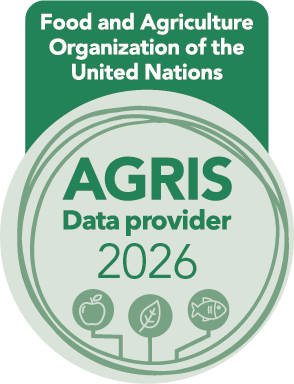Recent advances in pesticide formulations for eco-friendly and sustainable vegetable pest management: A review
Keywords:
Adjuvants, Bio-efficacy, Conventional, Formulation, New generationAbstract
In order to reduce the loss and maintain the quality of vegetables harvest, pesticides are used together with other pest management techniques during cropping to destroy pests and prevent diseases. However, the use of pesticides during production often leads to the presence of pesticide residues in vegetables after harvest. Higher doses and repeated applications of conventional formulations lead to accumulate pesticide residues in vegetable commodities along with environmental pollution. With the increasing awareness of toxic effects of conventional formulations, there is a significant trend towards switching over from such pesticide formulations using petroleum and organic solvent based constituents to user and environment friendly water based pesticide formulations. The developed world has progressed substantially in this regard to develop eco-friendly formulations which are safer to vegetable and the environment. These formulations would not only replace toxic, non-degradable ingredients/adjuvants of the conventional formulations but also increase the bio-efficacy of the products through incorporating latest technologies including size reduction (Wettable Powder to Suspension Concentrate, Soluble Concentrate to Microemulsion), increased coverage of applied surface area (EC to ME/Nano-formulations), reduced wastage (Dust/WP to Controlled Release Formulations) and dose rates of applied same pesticides to improve food quality with minimum pesticide residues.
Downloads
Downloads
Published
How to Cite
Issue
Section
License
Copyright (c) 2020 Agriculture and Environmental Science Academy

This work is licensed under a Creative Commons Attribution-NonCommercial 4.0 International License.




